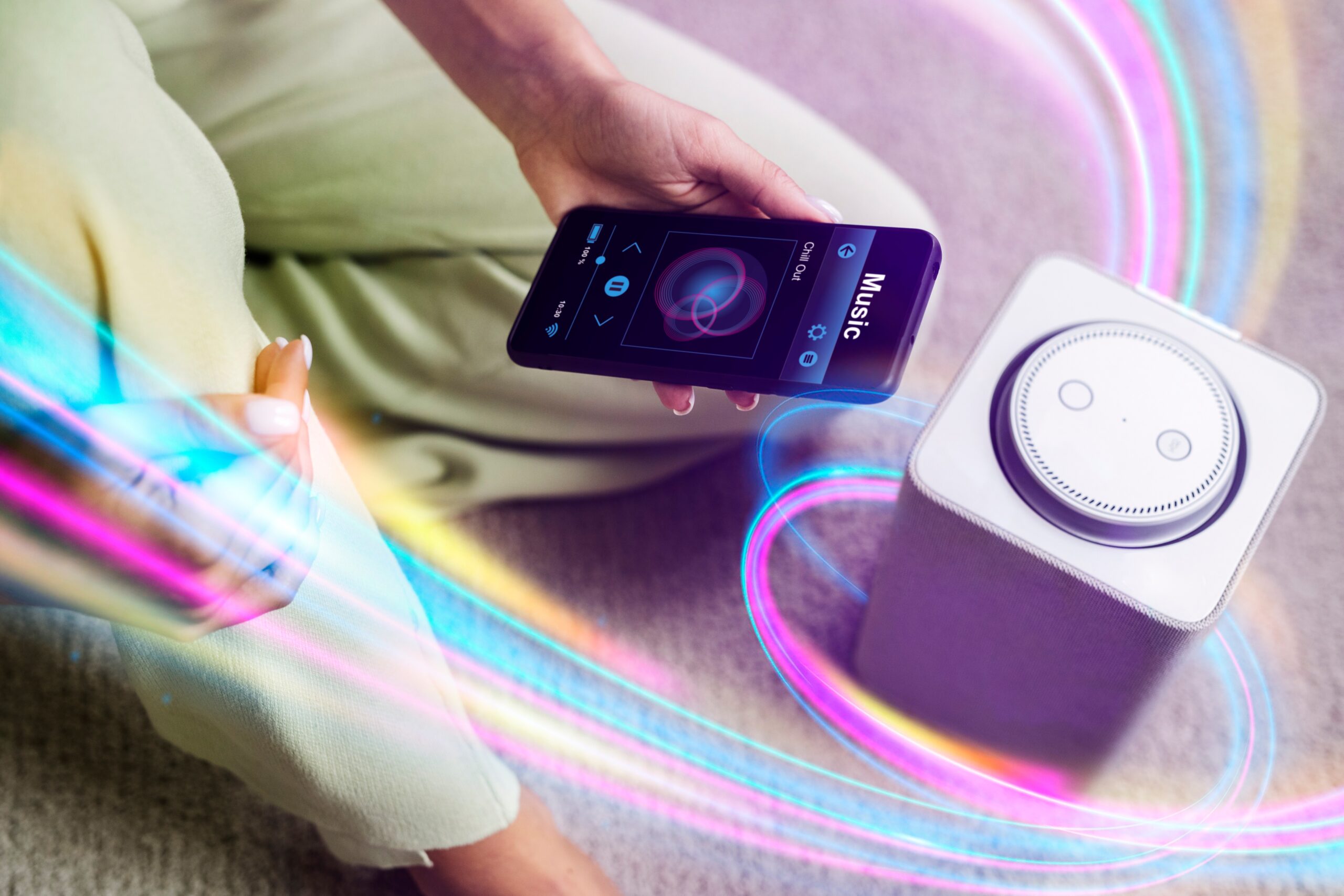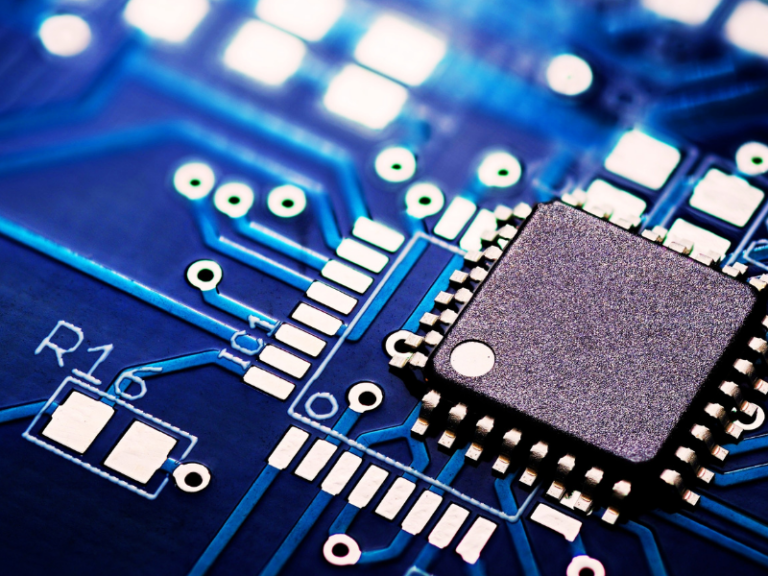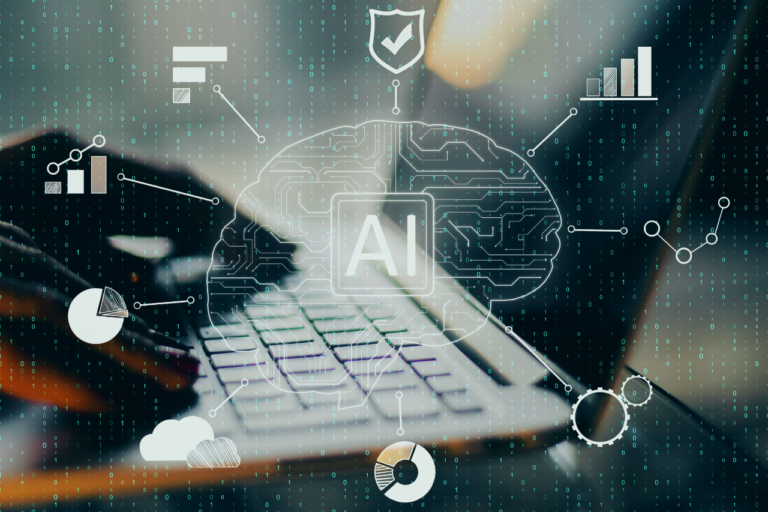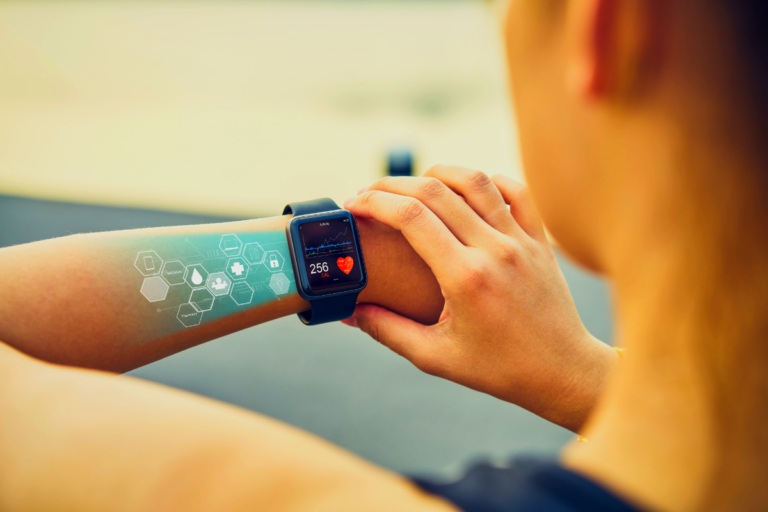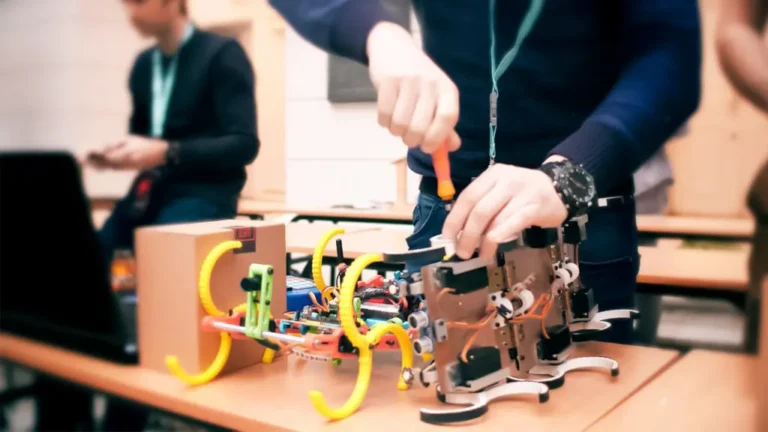Are AI-Powered Devices Redefining Consumer Electronics?
Introduction
AI technology has made its way into nearly every corner of consumer electronics, transforming the way we interact with devices. Whether it’s a smartphone that takes professional-quality photos or a smartwatch that tracks our health, AI is making devices smarter, faster, and more intuitive. This widespread adoption of AI is changing everyday technology into tools that better understand and meet our needs.
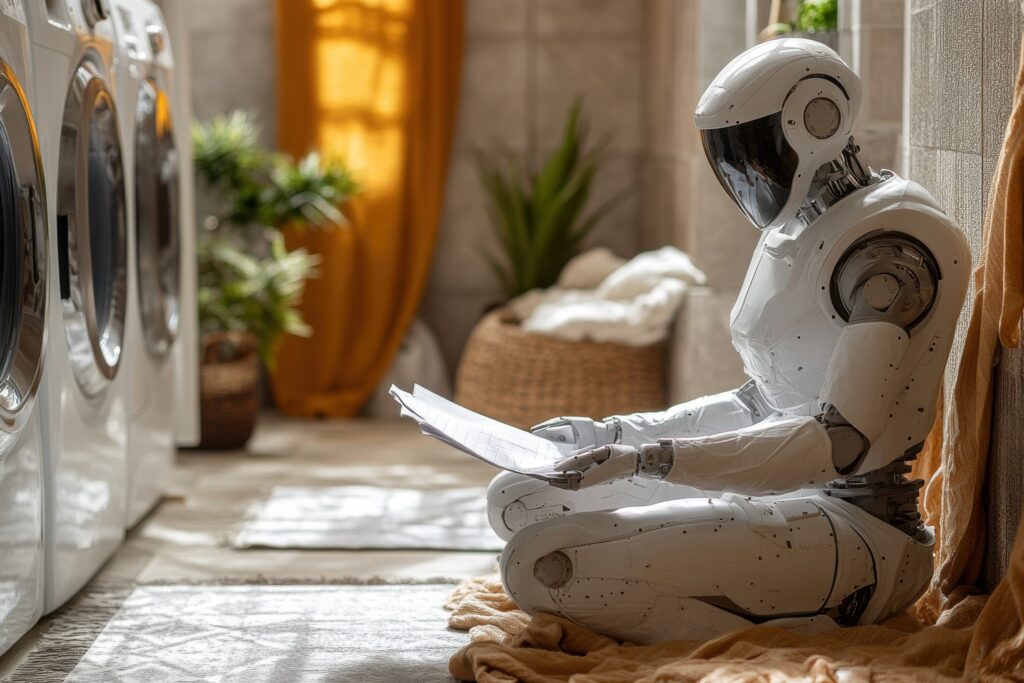
Key Areas of AI Dominance
Smartphones
Smartphones are a perfect example of AI at work in our daily lives. Features like facial recognition make unlocking phones fast and secure, while voice assistants like Siri and Google Assistant provide hands-free control over apps and tasks. AI also enhances photography, ensuring that every picture you take looks professional by adjusting settings automatically. It even works behind the scenes, optimizing battery life and suggesting apps you might find useful.
Smart Home Devices
Smart home devices like Amazon Echo and Google Nest are now common household items. They use AI to automate everyday tasks, such as adjusting the thermostat, turning on lights, or even reminding you of your schedule. These devices can recognize your voice, learn your habits, and integrate with other connected gadgets to make your home smarter, safer, and more efficient.
Wearables
Wearables like smartwatches and fitness trackers are powered by AI to help you stay healthy and active. They monitor your heart rate, track your steps, and even alert you to potential health concerns. For example, some devices can detect irregular heart rhythms or analyze sleep patterns to help you make lifestyle improvements. AI ensures these devices deliver accurate and meaningful insights tailored to your needs.
Consumer Robotics
AI has made consumer robots incredibly effective at performing tasks like cleaning and maintenance. Robotic vacuum cleaners, such as Roomba, use AI to navigate your home, avoiding obstacles and cleaning efficiently. Similarly, robotic lawn mowers use AI to adapt to different terrains, ensuring your lawn is neatly trimmed without supervision. These devices save time and effort while getting the job done seamlessly.
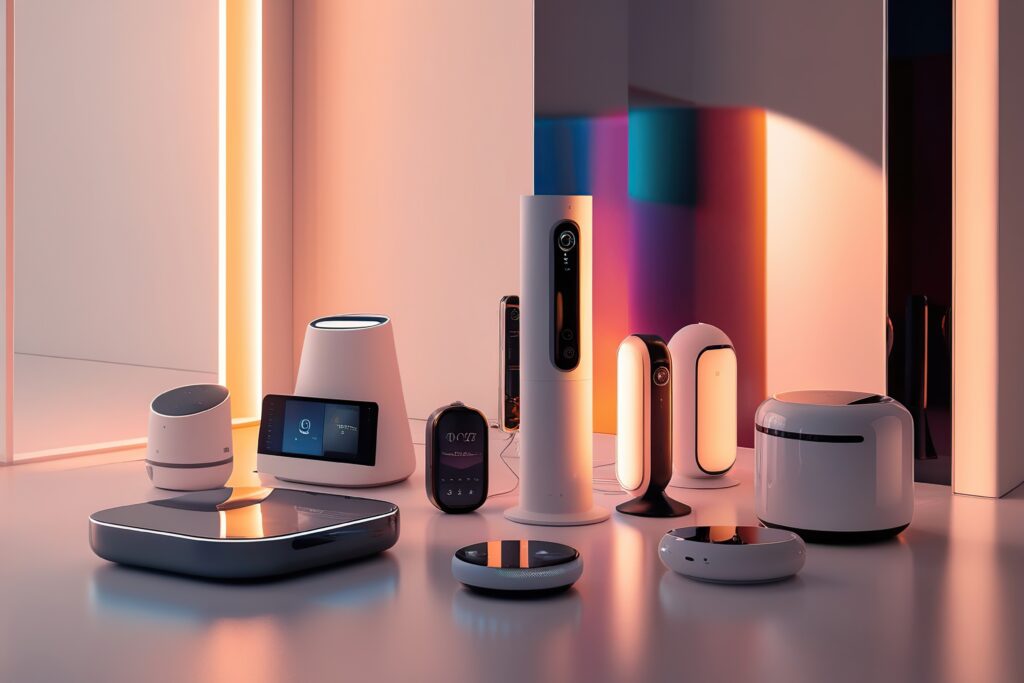
Entertainment and Streaming Devices
AI is behind the personalized recommendations you see on platforms like Netflix and Spotify. It analyzes your preferences to suggest movies, shows, or songs you might enjoy, creating a customized entertainment experience. Even devices like smart TVs use AI to enhance picture and sound quality, ensuring you get the best possible viewing experience.
Augmented Reality (AR) and Virtual Reality (VR)
AI takes AR and VR experiences to the next level by making them more interactive and immersive. In gaming, AI helps create realistic environments and responsive characters. Beyond gaming, AR and VR powered by AI are used in training simulations, such as for medical professionals or engineers, where realistic scenarios are critical for learning.
Autonomous Vehicles and Drones
AI is the backbone of self-driving cars and drones. It enables cars to analyze their surroundings, detect obstacles, and make safe driving decisions in real-time. Drones, on the other hand, use AI for navigation, object recognition, and even delivery tasks. While these technologies are still evolving, they promise to revolutionize transportation and logistics in the near future.
Why AI Dominates Consumer Electronics?
AI-powered devices are increasingly dominating the consumer electronics market by revolutionizing how we interact with technology. From smartphones and smart home devices to wearables and entertainment systems, AI enhances usability, efficiency, and personalization. For example, AI in smartphones enables features like facial recognition, voice assistants, and advanced photography, while smart home gadgets automate tasks like lighting, security, and climate control.
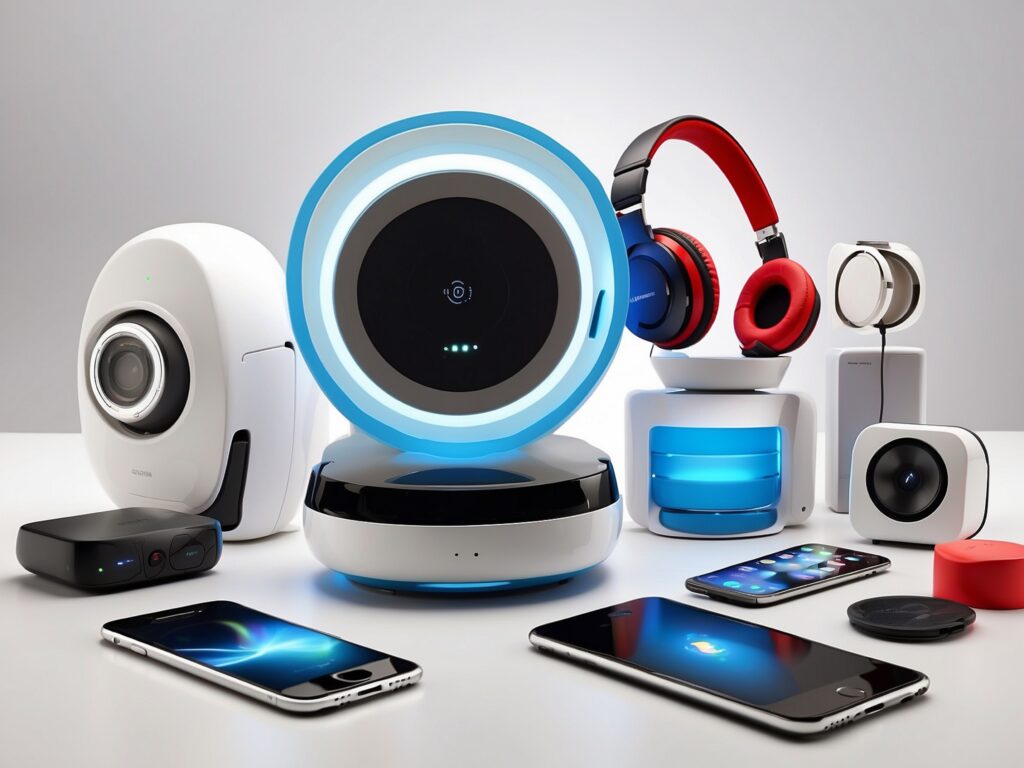
AI also powers health monitoring in wearables, content recommendations in streaming services, and even navigation in consumer robotics and autonomous vehicles. As AI continues to evolve, it’s becoming more affordable and accessible, solidifying its place at the core of modern consumer electronics. However, challenges such as data privacy, ethical concerns, and development costs remain hurdles to universal adoption.
Enhanced User Experience
AI makes devices more intuitive and user-friendly. For instance, it can personalize settings based on your habits, like adjusting the brightness of your phone screen or suggesting reminders. This creates a seamless and enjoyable experience tailored to each user.
Automation and Efficiency
With AI, devices can handle tasks on their own, reducing the need for manual input. For example, a smart thermostat can learn your preferred temperatures and adjust automatically, saving you time and energy.
Cost Efficiency
As AI technology becomes more affordable, manufacturers can include it in devices without significantly raising costs. This makes advanced technology accessible to a wider audience, driving its adoption across the globe.
Continuous Improvement
AI-powered devices don’t just work; they learn and improve over time. By analyzing data and receiving updates, these devices get smarter, offering better performance and value as you use them.
Challenges and Barriers
Data Privacy and Security
AI devices collect a lot of data to function effectively, but this raises concerns about how that data is stored and used. Users worry about breaches and whether their personal information is safe.
Ethical Issues
AI systems are not perfect and can sometimes show biases based on how they were designed. Ensuring that AI makes fair and ethical decisions is an ongoing challenge for developers.
Development Costs
While AI has become more affordable, developing it still requires significant investment. This can make it difficult for smaller companies to compete in the market.
User Trust and Adoption
Not everyone is comfortable with AI-powered technology, especially if they don’t understand how it works. Building trust and educating users about AI’s benefits is crucial for broader acceptance.
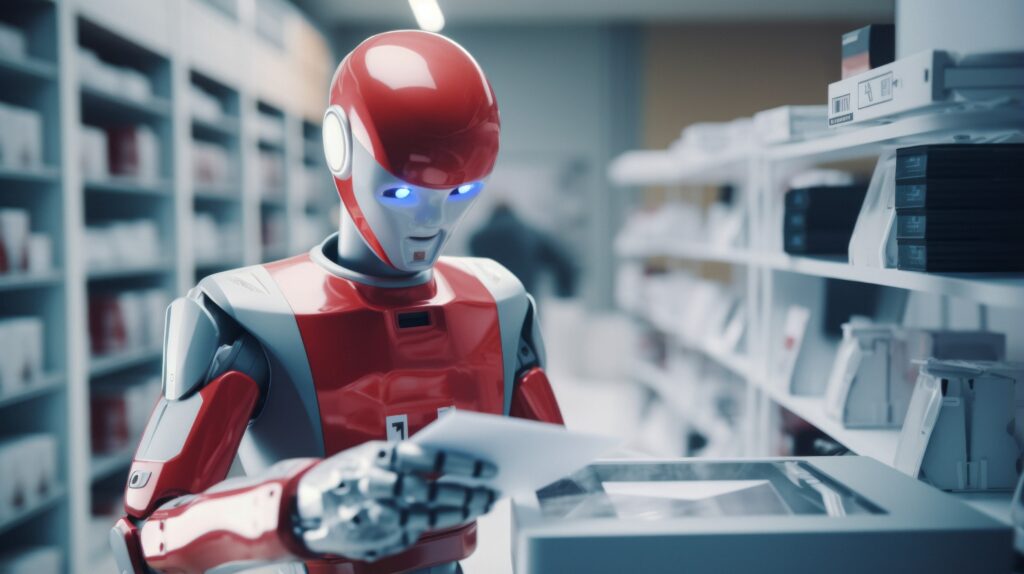
The Future of AI in Consumer Electronics
AI technology is only going to grow, with exciting advancements on the horizon. For example, edge computing will make AI-powered devices faster by processing data locally instead of in the cloud. AI will also play a role in creating more sustainable devices, helping reduce energy consumption and waste. As AI continues to evolve, it will redefine the boundaries of what consumer electronics can do.
PCBWay in AI
PCBWay is making significant strides in supporting AI development by providing high-quality PCB prototyping and manufacturing services tailored to the needs of AI-driven projects. From powering advanced robotics and IoT devices to enabling edge computing solutions, PCBWay helps innovators design and produce PCBs that meet the complex requirements of AI systems. With its precision manufacturing, fast turnaround times, and strong community support, PCBWay plays a vital role in accelerating innovation in the rapidly growing field of artificial intelligence.

PCBWay is an excellent platform to bring your PCB ideas to reality, combining high-quality manufacturing services with a thriving online community. This platform allows users to have their PCBs professionally produced while also connecting with other electronics enthusiasts to learn, share, and collaborate. Founded in Hangzhou in 2014, PCBWay specializes in small- to medium-scale PCB prototyping. With over 15 years of industry experience, their products have reached 150 countries and served 250,000 customers worldwide in just four years, thanks to their exceptional manufacturing capabilities.
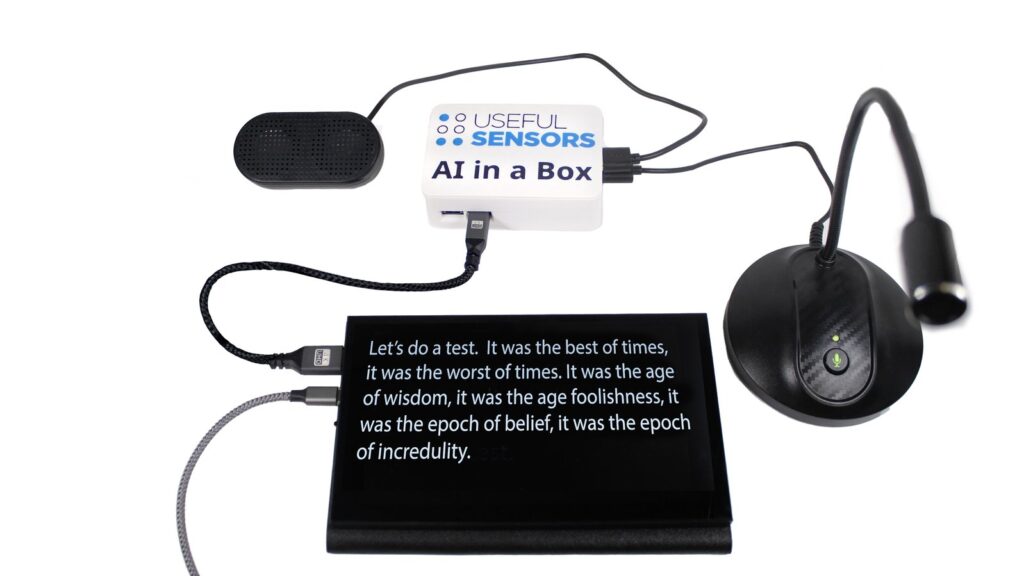
From start to finish, PCBWay offers everything you need for your electronics projects. By investing in advanced machinery, strict quality control, and responsive customer support, they deliver premium services at competitive prices. PCBWay stands out for its support of various technologies, an intuitive website, and, most importantly, a strong and supportive community of electronics enthusiasts.
The PCBWay Online Community is a dedicated platform designed for electronics enthusiasts, hobbyists, and professionals to connect, exchange knowledge, and display their electronics projects. Managed by PCBWay, a company specializing in PCB prototyping, manufacturing, and assembly, the platform fosters collaboration and innovation within the electronics community.
Conclusion
AI has transformed consumer electronics, making devices smarter, more efficient, and easier to use. While challenges like privacy and ethics need to be addressed, the benefits of AI-powered devices are undeniable. As innovation continues, AI is set to become an even more integral part of our lives, reshaping how we interact with technology.
